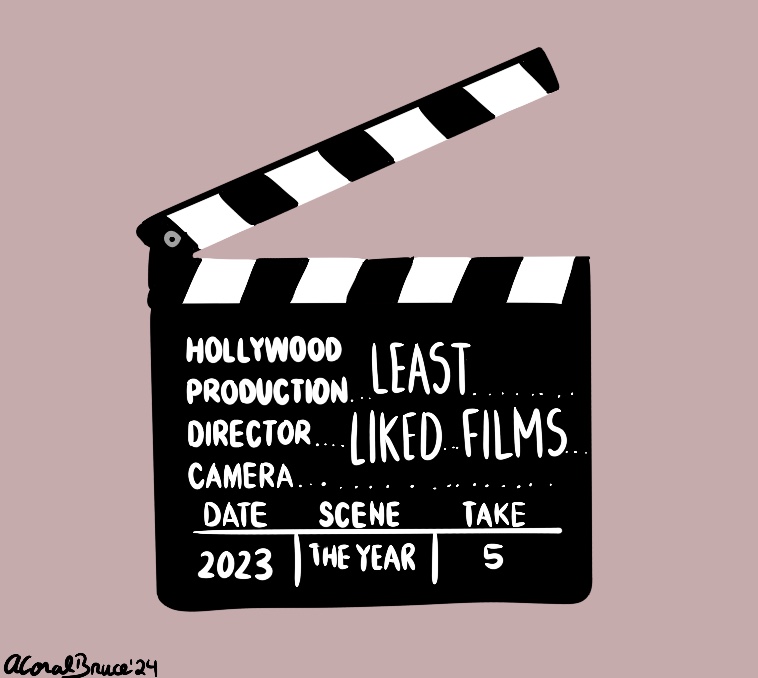Braden Smith. The Internet is big. And it keeps getting bigger. Our society, specifically our generation, is becoming increasingly reliant on this innovative technology. But what are the implications of this progress? Is it possible that we could be losing something when we use the Internet? These are questions I think we all need to ask and ask now.
I am a big fan of the old sci-fi dystopian novels. One of my favorites is the classic “1984,” by George Orwell. Naturally, I tend to worry about the future of our society.
A big concern of Orwell’s in “1984” is surveillance. The Internet is a form of communication in which everyone is connected to everyone else. This makes it much harder to keep your online activities and information private.
I think people don’t realize that Google profits by collecting their information. The little search box under the colorful logo is like a mouth that devours every single letter you put into it.
Google knows what you are searching for; that is how it knows which ads to throw at you. This might not bother you, though; you always ignore ads anyway, right?
As much as I hate being targeted, ads don’t bother me too much, either. What do bother me, however, are the possibilities.
The National Security Agency is a government organization that is rapidly expanding. With NSA’s growing technological capabilities, it is becoming easier for its analysts to not only collect data, but sort through all of it, as well.
With the help of the Patriot Act, the NSA made deals with phone companies, allowing it to monitor and record the calls of American citizens to aid in the hunt for terrorists. What if the NSA were to strike a similar deal with Google?
In July 2005, the FBI sent letters to a few librarians demanding to see information that patrons had accessed from the library in the past. Librarians resisted this intrusion of privacy, but would Google Books do the same?
Once Google Books goes into full swing, Google will know every book you look at online. It will know every particular page you read.
While the government may not have access to this data yet, the Patriot Act and NSA demonstrate that it is possible for the government to get hold of this information.
Now, I am not saying this is going to happen. I am only pointing out that it is a possibility, and, because it is, we should keep a closer eye on what our government is doing as well as growing Internet giants such as Google. Privacy is important, and your rights won’t protect themselves.






